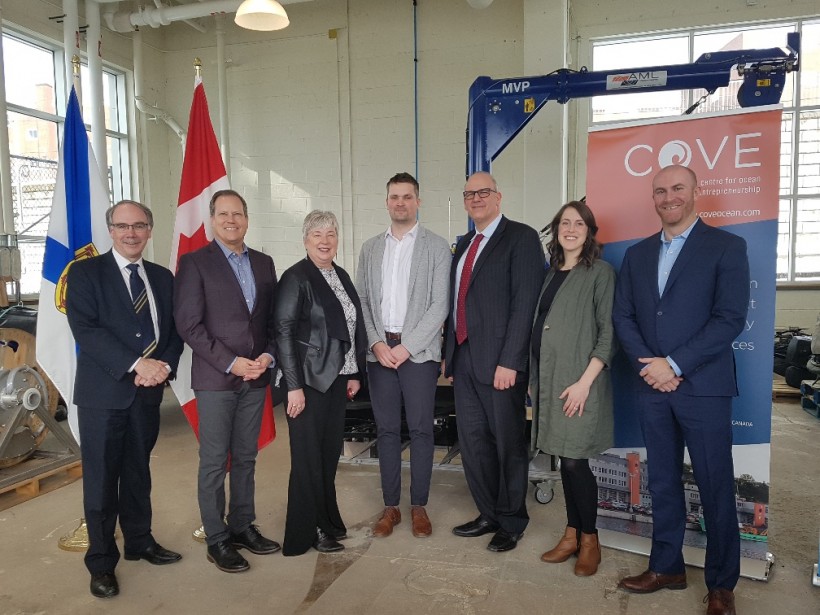The Atlantic Canada Opportunities Agency has lent Halifax-based DeNova $250,000 to help develop its technology, which converts greenhouse gases into a protein that can be used as feed in farms and aquaculture.
ACOA announced the loan, made through the Regional Economic Growth through Innovation program, in a press release on Friday.
DeNova has developed a new source of protein made from micro-organisms fed by harmful, unused greenhouse gases. The protein is initially being used for feed in the aquaculture industry but can also be used in agriculture.
“We sincerely appreciate the support from ACOA and their belief in DeNova’s vision to create meaningful change in global protein supply chains,” said DeNova President Brianna Stratton in the statement. “DeNova’s unique technology platforms offer a solution to the protein challenge, leveraging innovation as an enabler of creating a healthy and sustainable planet.”
Stratton launched the company out of concern for the climate crisis, and also the pending shortage of protein, the demand for which is growing at an unsustainable pace. The statement said the demand for animal-derived protein is expected to double by 2050.
DeNova uses industrial-scale carbon capture to feed micro-organisms, which are highly efficient at consuming methanol. These micro-organisms then become the feedstock for feed for fish in aquaculture pens or animals on farms.
DeNova’s protein is derived from an organism discovered in New Brunswick: Methylovorus menthalis Strain J25.
The statement said DeNova will use the money to acquire new equipment and lay the groundwork for a prototype facility to convert industrial emissions into methanol. The company last year received a $900,000 loan from ACOA and IRAP.
Founded in 2017, DeNova has doubled its staff to 12 employees and plans to hire another four to six people by the end of 2021. In addition to its Halifax headquarters, the company also has an office in Calgary.
Disclosure: ACOA is a client of Entrevestor.










